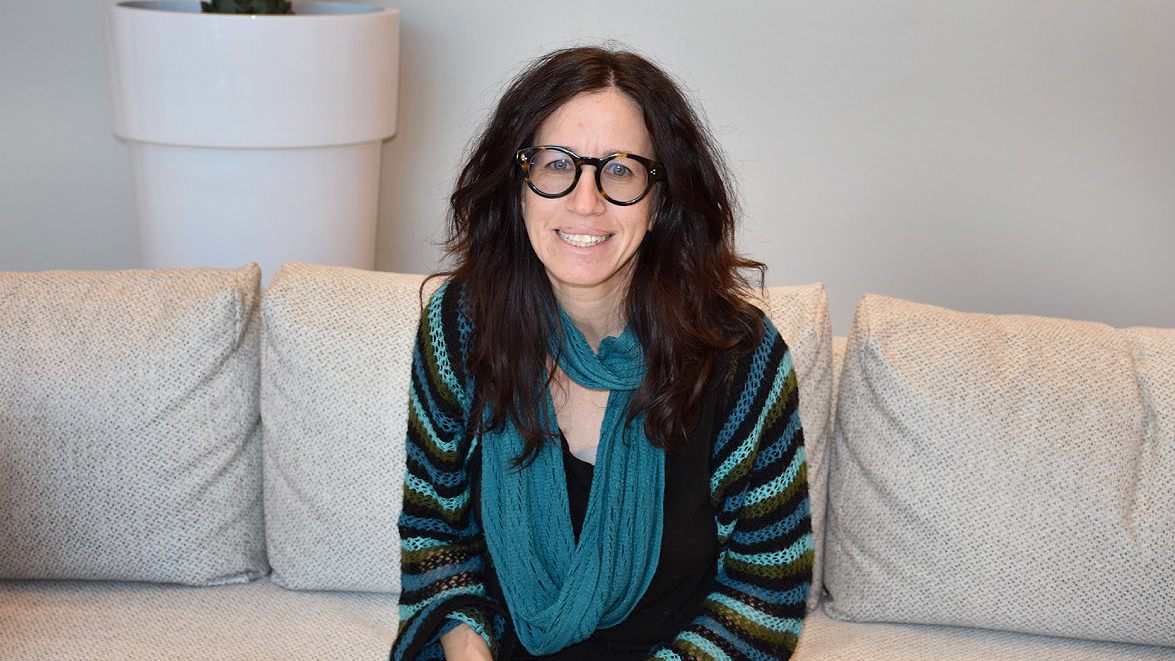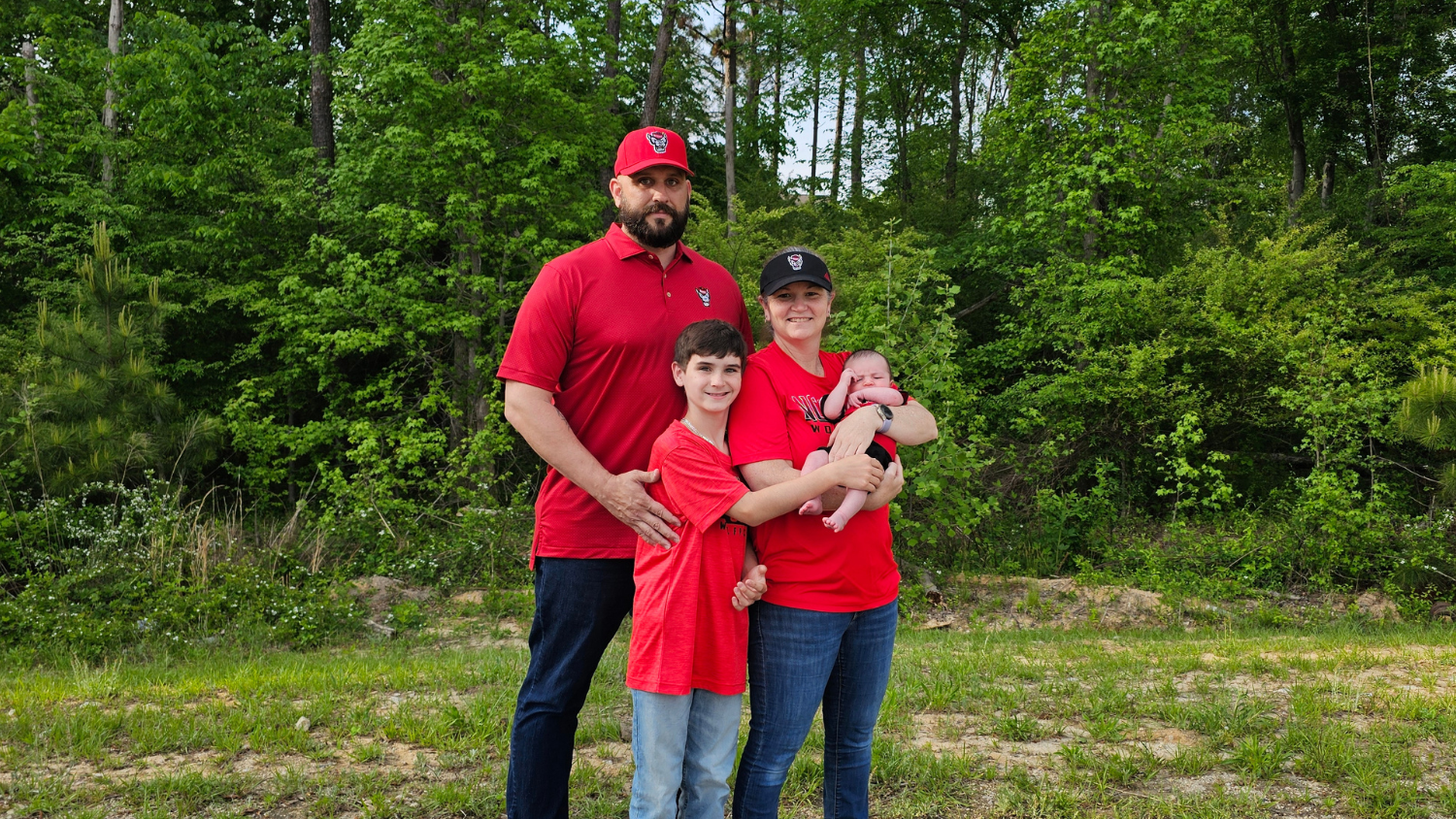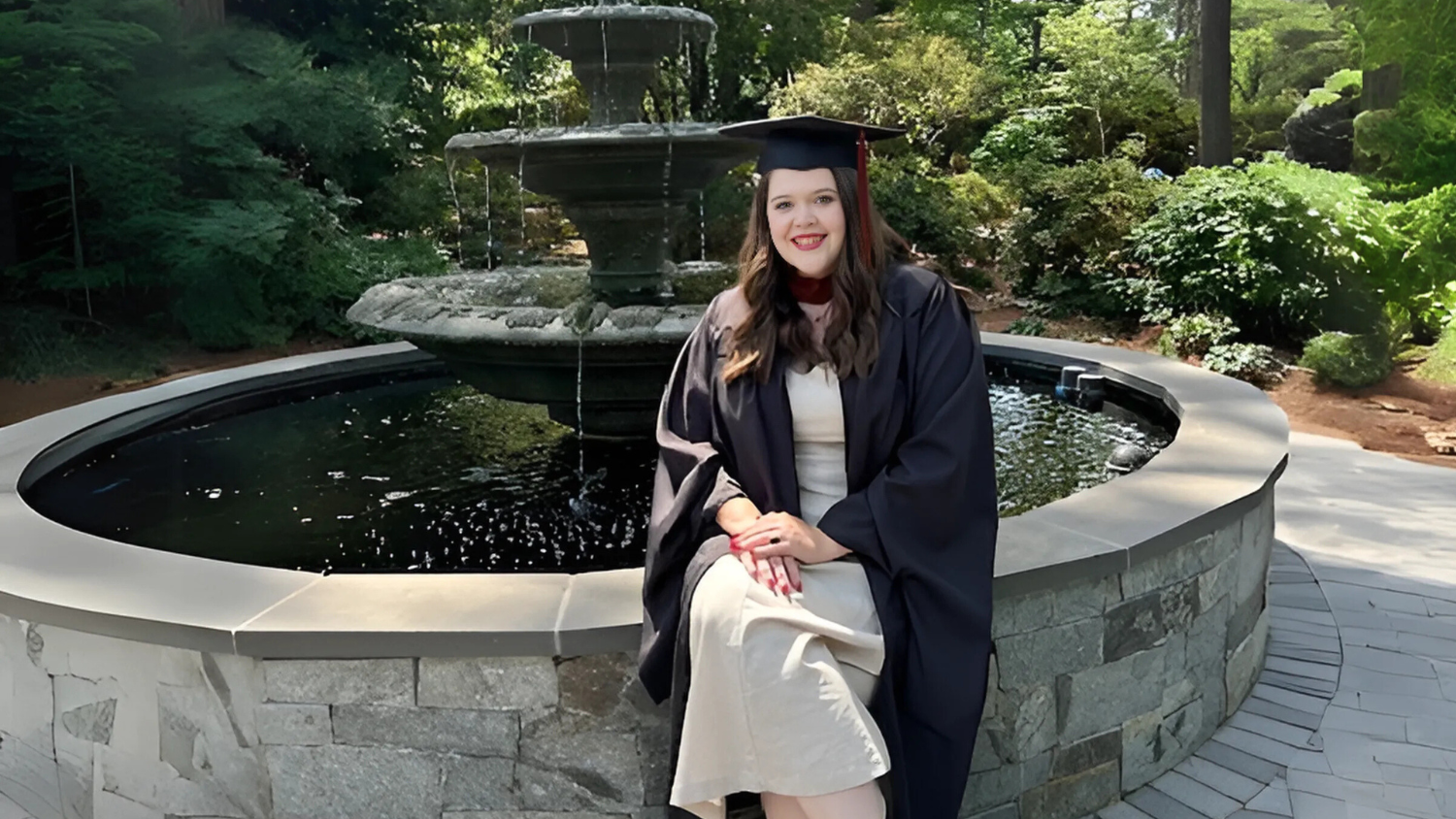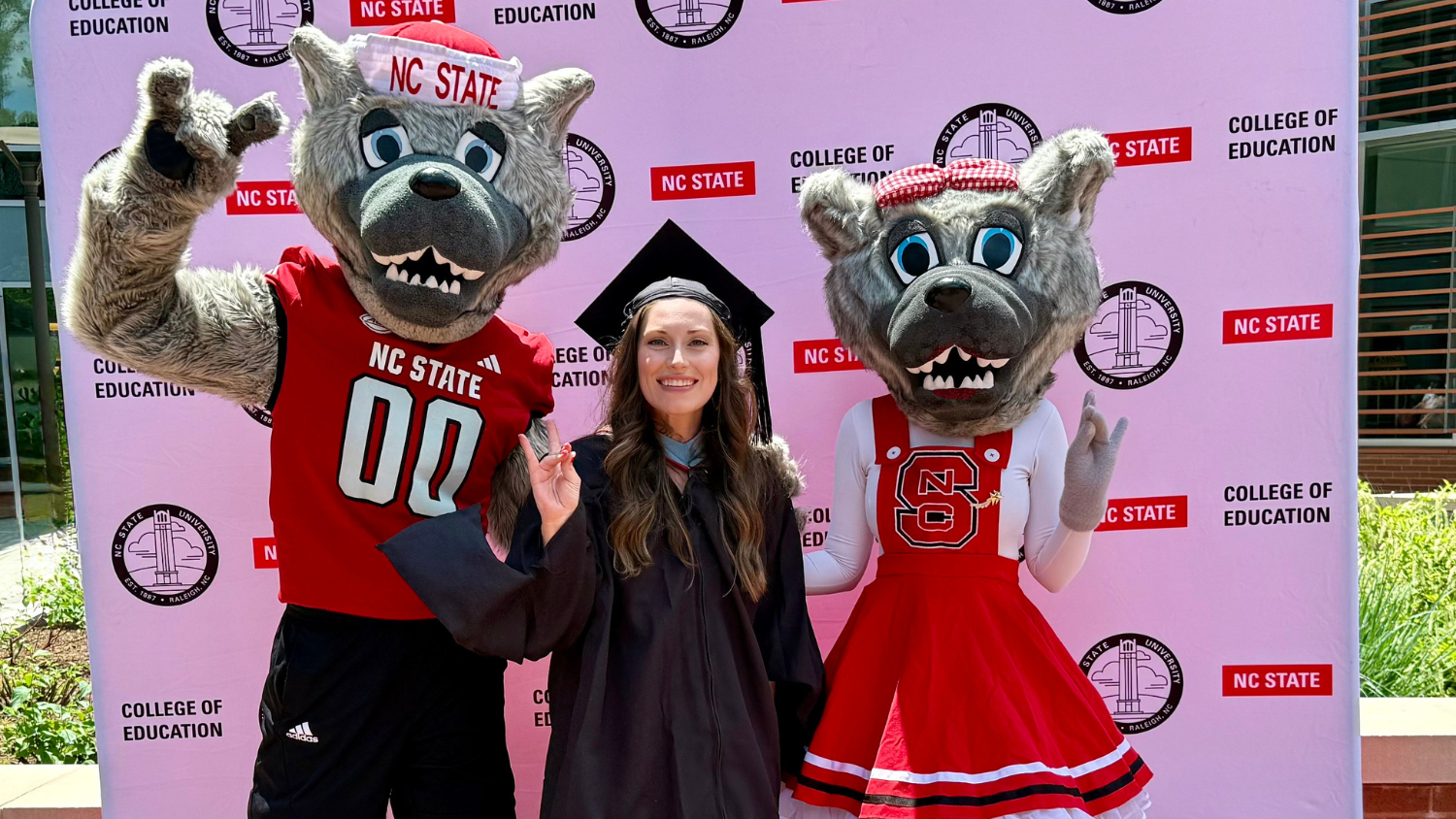Meet New Environmental Assessment Professor Jennifer Richmond-Bryant

We recently spoke with new College of Natural Resources’ faculty member Jennifer Richmond-Bryant, who teaches courses in environmental assessment, about why she enjoys teaching online and her advice to her students when it comes to online courses.
NC State: First, what online courses do you currently teach and how many years have you been teaching at NC State?
Richmond-Bryant: Currently, I am teaching ET 320: Fundamentals of Air Quality to residential students. Over the summer I will be teaching my first online course, EA 590: Air Quality. I am creating that class for the online Master of Environmental Assessment program. I do not have any experience with online teaching yet, but I am looking forward to it!
NC State: What’s the best advice you can give your students when it comes to online courses? Or what general advice can you give to incoming and prospective online students?
Richmond-Bryant: I would say that the most important thing for students to remember is the importance of consistently completing the coursework on time. The material that I am teaching in my class is designed to help the EA students, typically working professionals, to gain practical knowledge of air quality and related regulatory issues. The class should be challenging but “doable,” provided that students keep up with the assignments.
NC State: Why do you enjoy teaching, both overall and specific to your area of expertise?
Richmond-Bryant: In general, I love teaching! There is nothing quite like having the opportunity to share knowledge with students and it is so much fun to see their confidence and familiarity level grow throughout the semester. I truly look forward to every class. Specific to my area of expertise, I think that it is crucial that environmental scientists, consultants and technicians have a fundamental grasp of air quality issues. Even if air quality is not their specialty, air quality impacts water quality, agriculture, health and climate, to name a few areas. It is satisfying to play a role in students’ understanding of air pollution and its impacts, and I hope that knowledge will be applicable at their jobs to help them to better protect environmental resources. Besides that, how else could I get a roomful of people to listen to me talk about how air pollutants disperse for 75 minutes?
NC State: Are you doing any current research, if so, in what area and can you tell us a little bit about it?
Richmond-Bryant: The primary thrust of my research is the impact of air pollution on communities. Right now, I am in the beginning stages of a project to investigate the interaction of social determinants of health with air quality, with a focus on underserved communities in Philadelphia. I am very excited to have a chance to do research that might eventually help improve health and environmental conditions at a local level. Additionally, I study traffic-related air pollutants and the facets of the built and natural environments that impact their transport and dispersion. In one other project, I analyze exposure assessment data to learn how errors and uncertainties in air pollutant exposure data may impact our interpretation of epidemiologic study results. These studies are being performed through my work at the U.S. Environmental Protection Agency (EPA).
NC State: What is your background and how has that enhanced your teaching?
Richmond-Bryant: I originally studied Civil and Environmental Engineering (i.e., Water Quality Engineering) at Cornell, but I became interested in human exposure to air pollution at that time. With that interest, I received an M.S. in Industrial Hygiene from the University of Michigan and then earned my Ph.D. in Environmental Sciences and Engineering from UNC. In my doctoral work, I studied indoor airflow and pollutant transport and dispersion, and then I worked for two years as a contractor to the U.S. EPA doing research in this area. At that time, I also started to study outdoor air pollution and participated in a field study of near-road air pollution in Brooklyn, New York. That led to my next position as an assistant professor of Environmental and Occupational Health Sciences at City University of New York, where I mostly studied air pollution outside NYC schools.
After three years of the city, my husband and I decided to move back to North Carolina, where I have worked for the EPA for almost a decade. In addition to the research projects I described above, I work with a team of scientists to pull together the literature that goes into consideration for reviewing the National Ambient Air Quality Standards. I review the evidence related to the exposure assessment and atmospheric science literature, and many of my colleagues focus on the ecology, toxicology, and epidemiology literature.
My background enhances my teaching because my knowledge and experience inform my lectures. Much of EA 590 and some of ET 320 involve learning about how air pollutants are regulated by the EPA and how those regulations are enforced by the states. Other lectures in both classes are informed by my research on air pollutant transport and dispersion.
NC State: What’s one thing your students may not know about you that demonstrates your personality? Any fun interests or hobbies?
Richmond-Bryant: When I have the opportunity to travel, nothing makes me happier than exploring the streets of a new city or a beloved old city. However, demands of work and motherhood make travel more of an occasional treat. Most of the time, when I am not at the EPA, NC State or home working on lesson plans, I typically do what most working parents do —catch up on household chores.
NC State: Any other final thoughts?
Richmond-Bryant: I very much missed being in the classroom these past 10 years. I feel quite grateful for the opportunity to teach again and I hope that my students can sense my enthusiasm for this new role!
- Categories:


